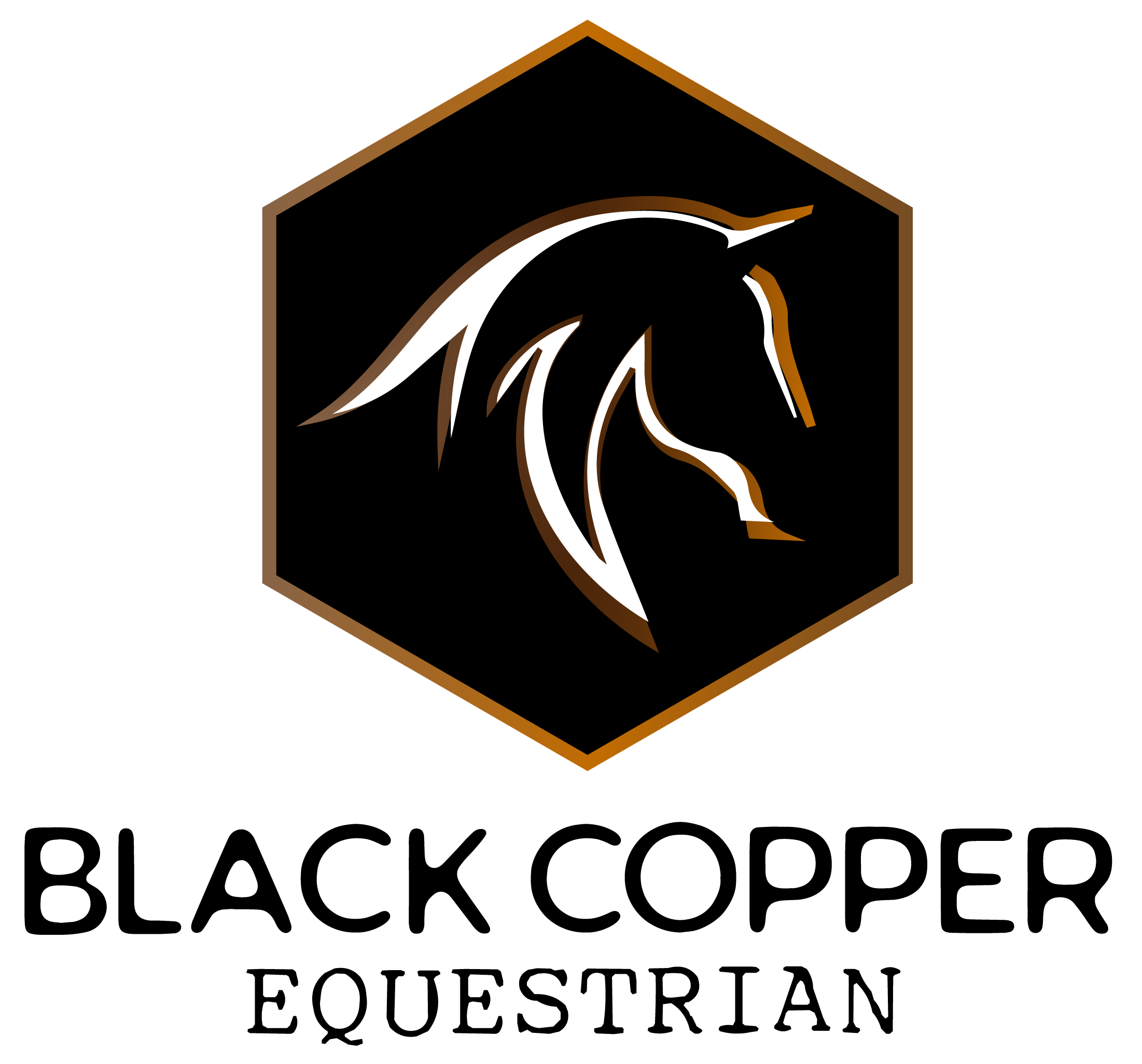Why get bodywork done on my horse?
Our horses, whether high performance, school horses or anything in between are athletes. As such, to keep their bodies feeling good and working well biomechanically, it does require regular maintenance just as humans do. If our horses are a body sore, it may not cause any problems immediately, but over time they will compensate and this is where problems can occur. This is why regular bodywork can prevent possible long-term problems. If a horse has had an injury and has been cleared by the vet for bodywork, this can definitely help the owner’s rehabilitation efforts by making sure the horse’s body is free of tension or soreness.
Is there an age that bodywork cannot be performed?
No, the only time age would play a factor is if the horse is very young. The attention span may not be there to tolerate a full session, but shorter sessions can be discussed. Typically, 20 mins is plenty for a young horse, therefor I may only do target session (for example, just the head and neck or neck and back) and slowly increase until we reach a full session. The time it requires to reach a full session will depend on the individual horse. For young horses, the earlier they are started the better.
How long does a full session take?
This may vary slightly depending on a couple of factors. One factor being the horse itself. Some horses get antsy and impatient quickly which may require a couple “breaks” (ie. pee, water, hand walk, short grass eating moments), and if I have had to work more on certain areas due to some findings. Those are just a couple examples, but typically a first time session will take approximately 1.5-2 hrs as I do a static and dynamic assessment (in-hand, ridden or by video) of the horse. The static assessment is to evaluate conformation that could impact where or why a horse is sore or holds tension in certain areas. The dynamic assessment will tell me how the horse moves and may also show some areas of restriction, tension or lameness. This dynamic assessment is done in hand, not mounted. Any follow up sessions should take no longer than approx. 1hr-1.25 hrs, but again this may vary depending on the horse
Do equine bodyworkers do rehabilitation?
No, bodyworkers do not do rehab, but can help in the rehab process in consultation with the vet that has been treating the horse.
How often should the horse get bodywork?
This is a “ideal world” vs “real world” answer. For a typical horse that is ridden 3-5 times a week and shows occasionally, in an ideal world, every 3-4 weeks. A serious competitor who is bringing a horse up through the levels, in an ideal world, every 2 weeks. A high-performance horse such as racing, endurance, Grand-Prix jumping or dressage or Eventing, in an ideal world, every 1-2 weeks. A retired or pleasure horse, in an ideal world, every 6 weeks. Now, for the real world, I definitely understand that finances play a huge factor but any bodywork that we can be provide to our horses is a benefit.
How close to a competition can I have bodywork done for the first time?
It depends how much bodywork a horse has received in the past and how he/she has recovered from a session. If the horse is new to bodywork, I would not do any sessions closer than 7 days prior until I know how they respond. Just like humans, horses can get a little body sore post session as some tension may have been delt with/released. Once I know a horse responds well, bodywork can be performed 1-3 days prior to a competition.
Can stallions have bodywork during breeding season?
That all depends on the specific horse. This all depends on what kind of temperament he has during breeding season. First and foremost, safety is the ultimate goal.
Can a pregnant mare have bodywork?
Absolutely! Again, this all depends on the horse’s personality. The owner must know their horse and how they are to handle. A mare in foal can have a completely different temperament than when not in foal. If the horse is great to handle, the general rule would be no treatment 1-2 weeks prior to the foaling date and no bodywork for 6 weeks after giving birth (this will depend on how good the mare is when a “stranger” is around the foal, it could take longer than 6 wks). Just like woman, a mare in foal can get very sore as the pregnancy progresses, so why not try and help in any way we can.
